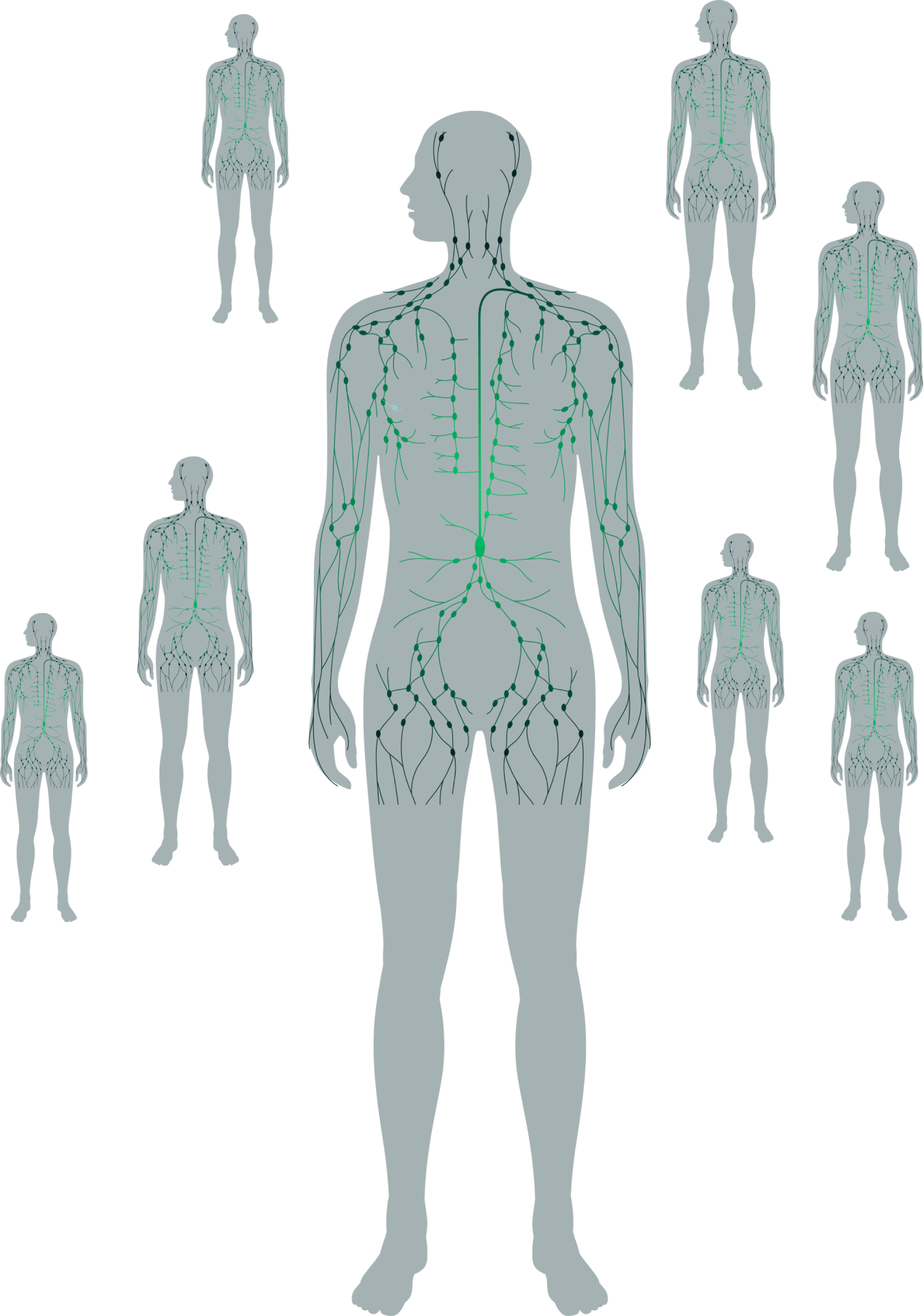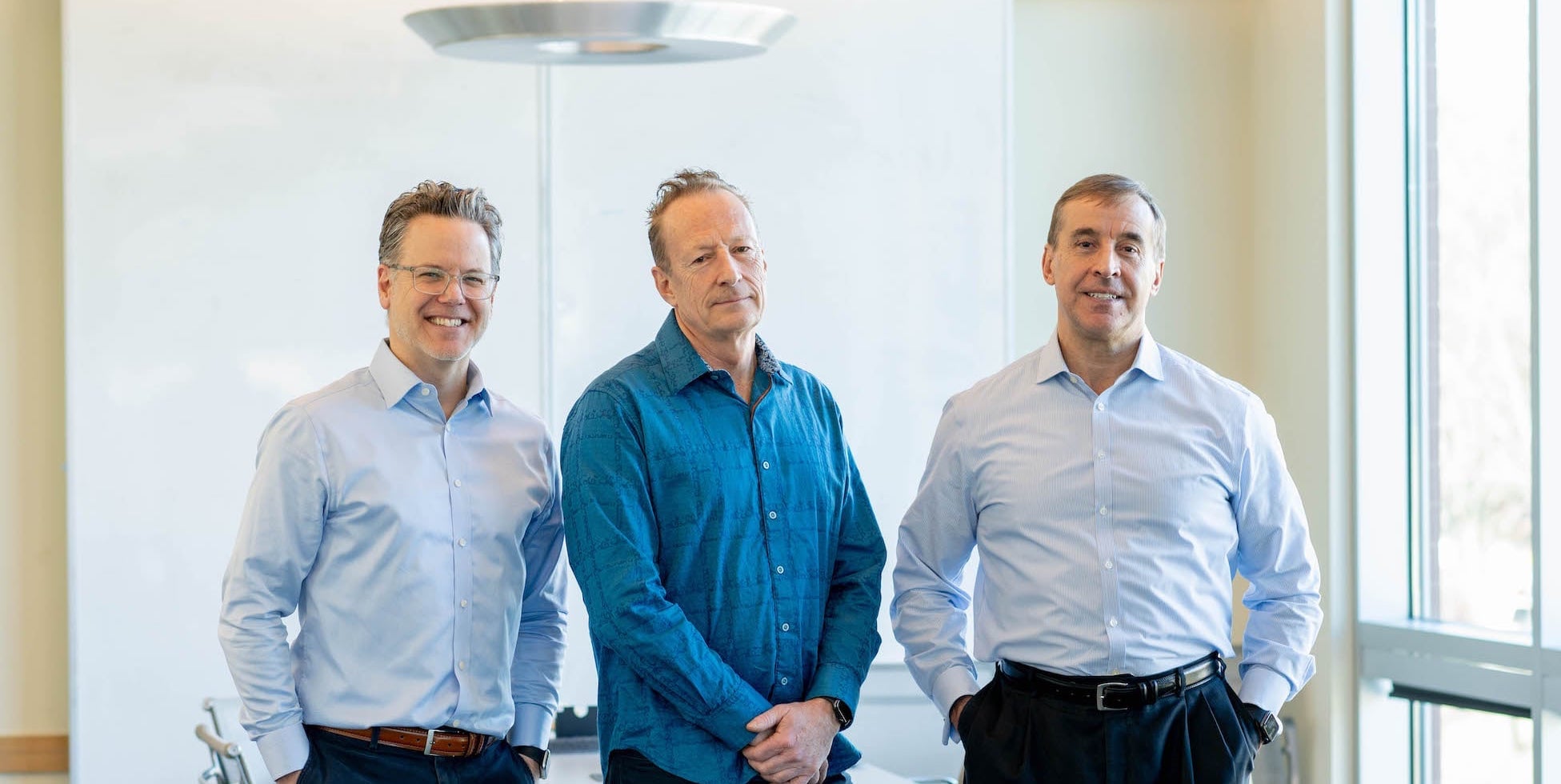
Our Science
Our allogeneic cell therapies leverage the biology of the lymph node to engraft, proliferate, and form functional ectopic organs that recapitulate the native organ's function.
LyGenesis uses the lymph node's evolutionary function - to serve as an efficient and rapid bioreactor for T-cell to help fight infection - to help vascularize our allogenic cell therapies, a key barrier to the successful clinical application of many other cell therapies. Using donated but not transplanted organs, our therapies upend the current supply-demand disparity, enabling one donated organ to serve as the cell source to treat multiple patients. Moreover, our use of an endoscopic ultrasound to engraft our cell therapies into lymph nodes significantly decreases the costs and associated medical risks of the procedure relative to receive a full organ transplant.
A decade ago, Dr. Eric Lagasse, a world leader in ectopic transplantation research, began a series of experiments that would form the foundation of LyGenesis.
He discovered that hepatocytes (liver cells) transplanted into lymph nodes would not just survive, but thrive, organize and begin to function as miniature ectopic livers, exerting life-saving effects in otherwise fatal small and large animal models of end stage liver disease. The initial proof of concept studies in mice demonstrated our ability to develop functional, life-saving ectopic liver tissue in the lymph nodes in animals with fumarylacetoacetate hydrolase-deficiency (Fah-/-), a well-accepted model of hereditary tyrosinemia type 1. These initial findings helped to elucidate the biological principles guiding in vivo organogenesis within the lymph nodes using both autologous and allogeneic cell sources.
Our extensive program of preclinical research involves multiple studies in both small and large animal models helped us to (1) optimize our cellular product, (2) ensure that we can generate the hepatic injury in our animal models in a reproducible manner, and (3) optimize the implantation site(s) and dosing procedure(s) for our product. This large body of peer-reviewed research, published in Nature Biotechnology, Current Opinions in Organ Transplantation, and elsewhere, confirms that it is possible to harness the body's lymph nodes as bioreactors for growing functional ectopic organs.

